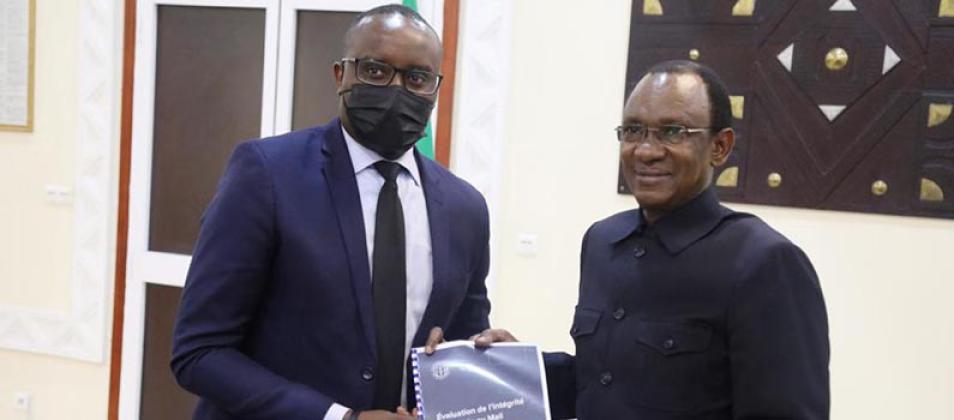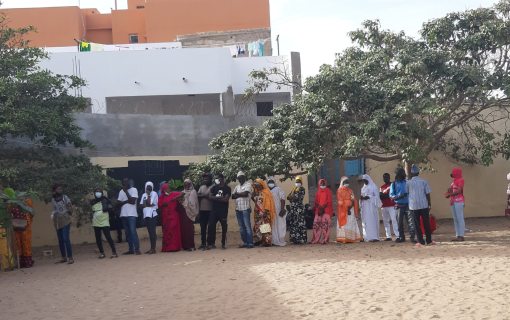
Mali Electoral Integrity Assessment
Since achieving independence in 1960, Mali’s path to democracy has been marked by several coups d’état – the most recent of which, in 2020, followed months of protests against alleged government corruption, electoral fraud, abuses of power and poor security. The Transitional Charter put in place following the 2020 coup allowed the transitional administration 18 months to organize elections and transfer power to democratically elected leaders. The government plans to conduct six elections in this timeline using five electoral systems, plus a constitutional referendum. Although there is growing demand for the creation of a single independent election management body (EMB) to manage these processes, it is unclear how feasible it will be to establish this new institution before elections can take place as planned. Leaving these high-stakes elections under the responsibility of the existing EMBs also risks reinforcing stakeholders’ low level of trust in Mali’s democracy. Against the backdrop of insecurity and instability, and poor coordination among existing election administration bodies, the conduct of secure and credible elections is a serious challenge. These challenges – and, specifically, vulnerabilities to systemic manipulation, malpractice and fraud that may undermine electoral integrity – are described in detail in this Electoral Integrity Assessment (EIA).
The EIA was developed by the International Foundation for Electoral Systems (IFES) to map integrity vulnerabilities throughout a country’s electoral process and across electoral stakeholders and provide tailored recommendations to address them. The methodology envisions the deployment of a team of experts to a target country to conduct interviews with stakeholders and fill gaps identified during desk research. Given travel restrictions imposed by COVID-19, however, the Mali EIA was conducted remotely by a six-member assessment team supported by two experts in Bamako. Despite these constraints, the team followed the EIA methodology and evaluated electoral vulnerabilities using a nuanced and forward-looking approach. The United States Agency for International Development (USAID) funded the Mali EIA.
Malpractice a breach by a professional of his or her relevant duty of care, resulting from carelessness or neglect
Fraud deliberate wrongdoing by election officials or other electoral stakeholders, which distorts the individual or collective will of the voters
Published on August 3, 2021.














